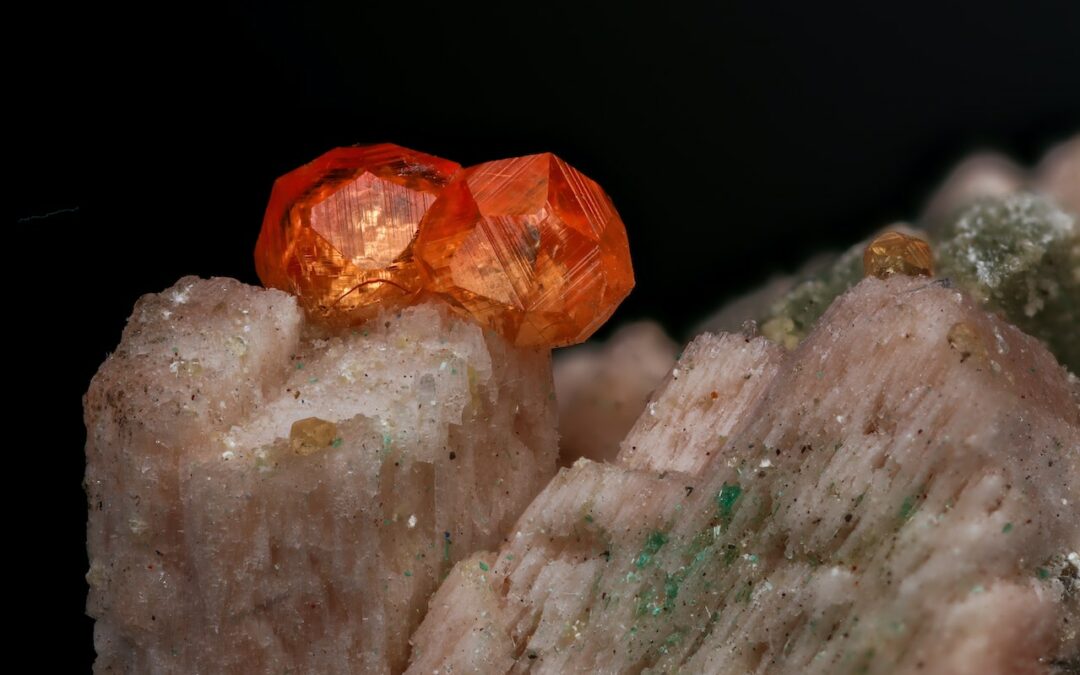

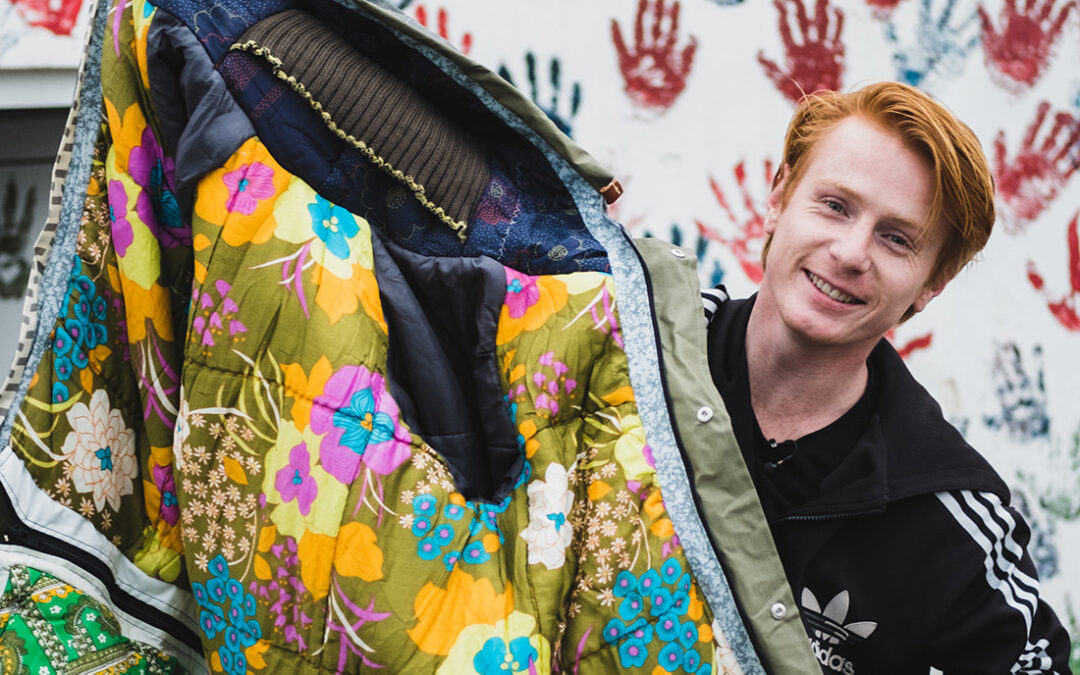
Upcycling festival waste – a new life for tents and sleeping bags
There are now several notable initiatives that specifically go to festivals to collect broken or abandoned tents in order to create new products from them. Their motivation is to set an example with regard to the mountains of waste on site, to draw attention to the abuses and to contribute to waste avoidance.
The post Upcycling festival waste – a new life for tents and sleeping bags appeared first on GOOD – The search engine for a better world.
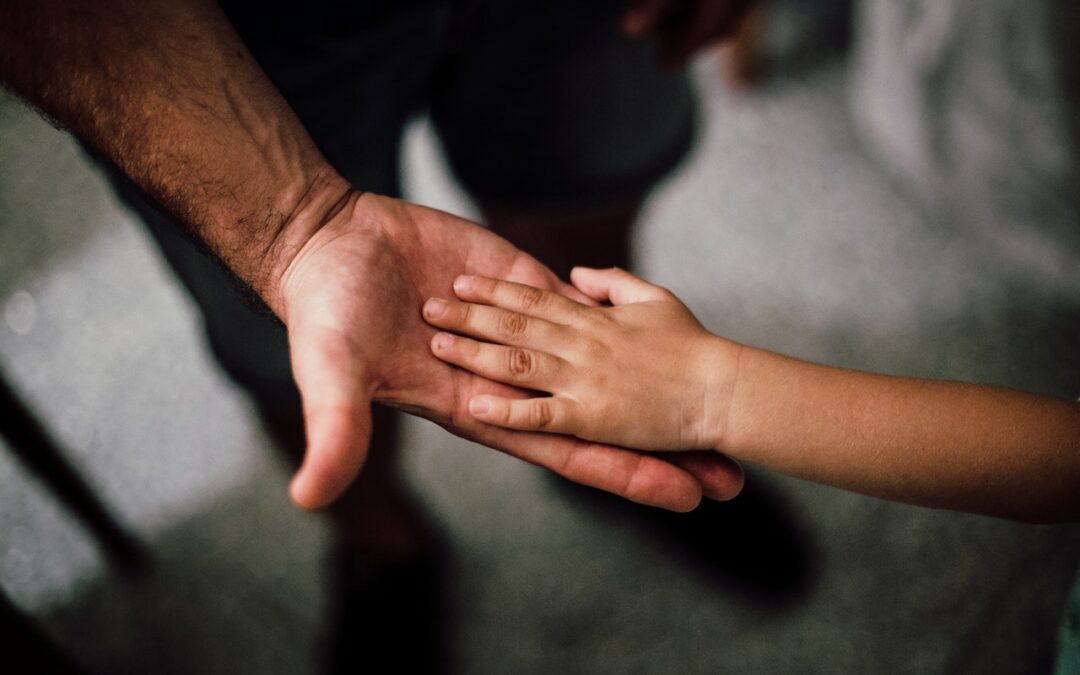
12 More Sustainable Brands You’ll Love More Than H&M
Our editors curate highly rated brands that are first assessed by our rigorous ratings system. Buying through our links may earn us a commission—supporting the work we do. Learn more. If you like the H&M vibe but don’t fancy contributing to the exploitation of the planet and people, you’ll be happy to know there […]
The post 12 More Sustainable Brands You’ll Love More Than H&M appeared first on Good On You.
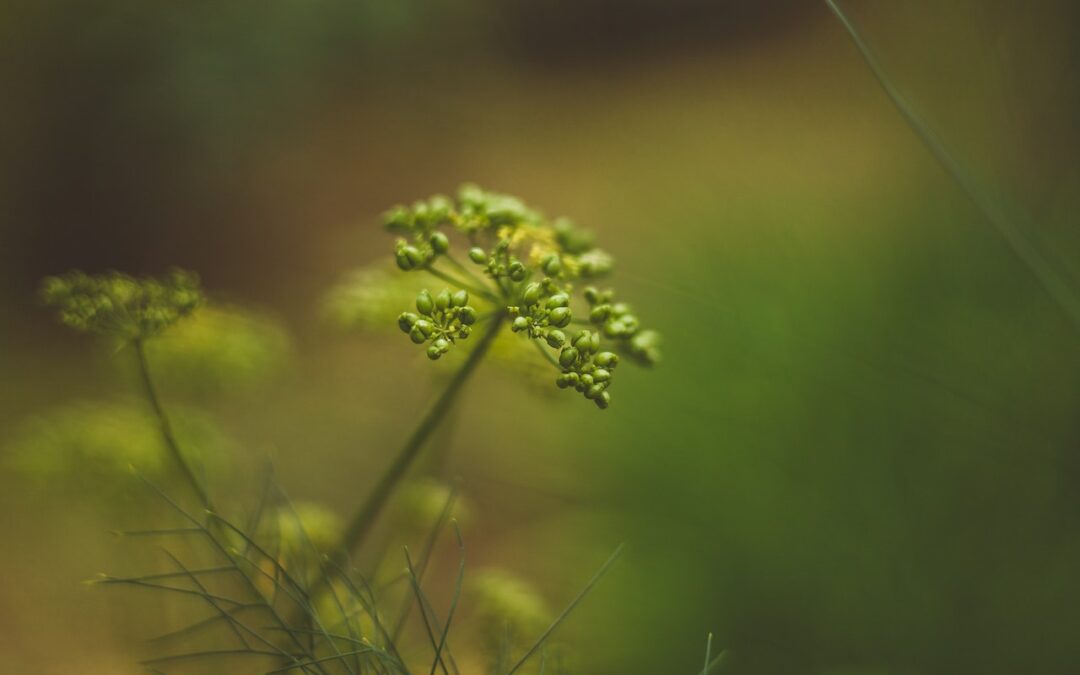
How the world’s largest design firm is spearheading the sustainable building movement
Gensler is pioneering best practices on how to institutionalize the new normal of sustainable building.
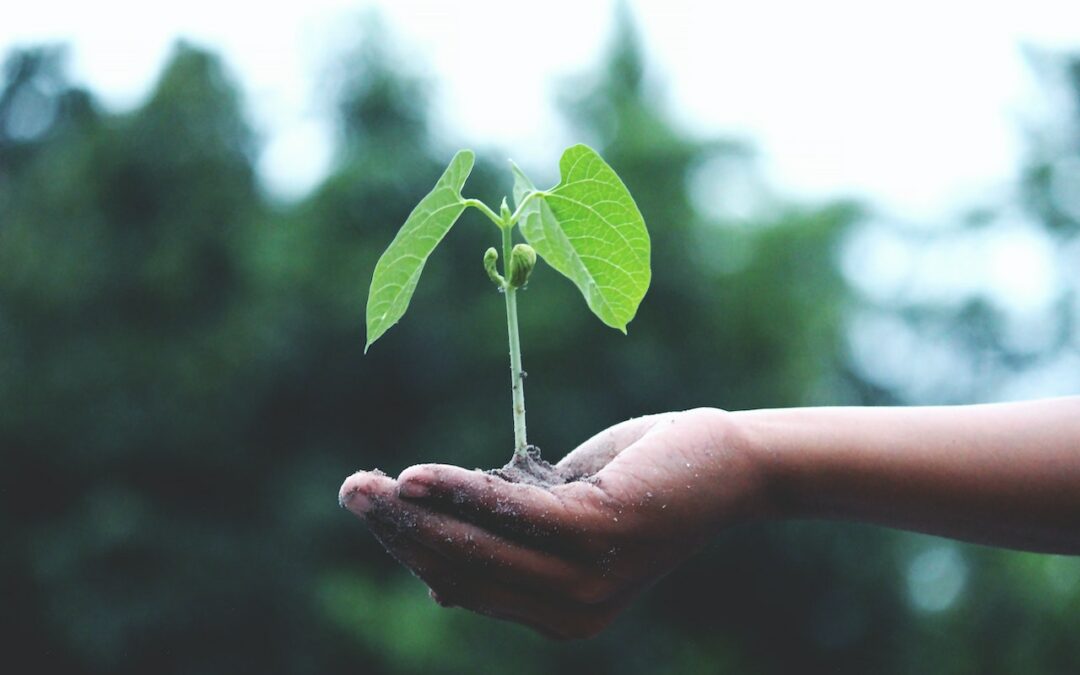
Aussie innovation turns waste into energy 'gold'
The Australian-made innovation uses high temperatures without oxygen to make a carbon-rich product called biochar, which can be used in carbon electrodes for batteries and other advanced energy storage devices, or can act as a fertiliser or soil amendment.
The pyrolysis technology, known as PYROCO, thermally processes materials from waste streams, including treated sewage (biosolids) and food and garden organic materials destined for landfill, to remove pathogens, PFAS and microplastics, which can cause harm to humans and the environment. RMIT has filed patent applications to protect the technology that the team has developed.
Project lead Professor Kalpit Shah, from RMIT University, said the technology could help make the management of biosolids and other waste more environmentally sustainable and cost-effective.
“Around 30% of the world’s biosolids are either stockpiled or sent to landfill, which is a big challenge that PYROCO aims to address,” said Shah, Deputy Director (Academic) of the ARC Training Centre for Transformation of Australia’s Biosolids Resource.
RMIT and project partners South East Water, Intelligent Water Networks (IWN) and Greater Western Water have just completed the latest series of trials of the technology at the Melton Recycled Water Plant.
“The latest trials validated results of the first trials and showed further improvements,” Shah said.
During the first trials in 2021, the PYROCO demonstration unit turned biosolids into biochar and removed all pathogens, PFAS and microplastics.
The latest trials for PYROCO Mark 2 went further by using materials from other waste streams, and demonstrated enhanced safety features and automation.
“The Mark 2 unit processed food and garden organic waste as well as canola straw co-mingled with biosolids to create biochar,” Shah said.
“The trials we’ve just completed are an exciting step towards scaling up this innovative pyrolysis technology to prove the findings and operationalise it — this represents a real step-change in the field.”
The PYROCO Mark 2 pilot unit at Melton Water Recycling Plant. Image credit: Seamus Daniel
Following the latest trials, the partners are now progressing towards commercialisation.
South East Water General Manager Research, Innovation and Commercialisation Daniel Sullivan said the project could potentially address the water industry’s challenge of biosolids disposal, while also removing carbon from the atmosphere.
“We believe that this exciting technology has the potential to transform by-products of the wastewater process into a valuable resource, in a way that is the most carbon-efficient while maximising the quality of the biochar,” he said.
The Deputy Director (Industry) of the ARC Training Centre for Transformation of Australia’s Biosolids Resource, Dr Aravind Surapaneni, said the technology could help achieve progress towards Victoria’s net-zero carbon pledge.
“The European Union has highlighted the potential of biochar in breaking the carbon cycle, and we see this technology as an opportunity for the water industry to support the Victorian Government’s path to net-zero emissions by 2045.”
The Victorian Government, through the Department of Environment, Energy and Climate Action (DEECA), contributed $100,000 to the $1 million project. RMIT University, South East Water, IWN, Greater Western Water, Barwon Water, Westernport Water and East Gippsland Water co-funded the remainder of the project.
The PYROCO Mark 2 pilot unit was commissioned and installed at the Melton Water Recycling Plant. It was built using the funding received from Victorian Higher Education State Investment Fund (VHESIF).
Top image credit: Seamus Daniel
